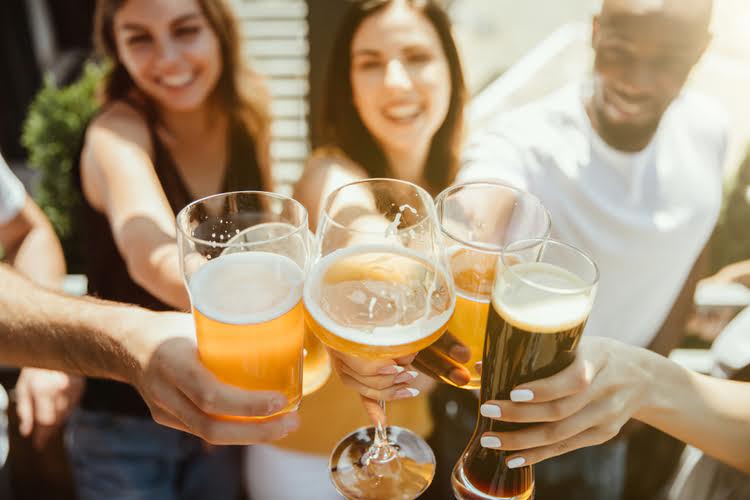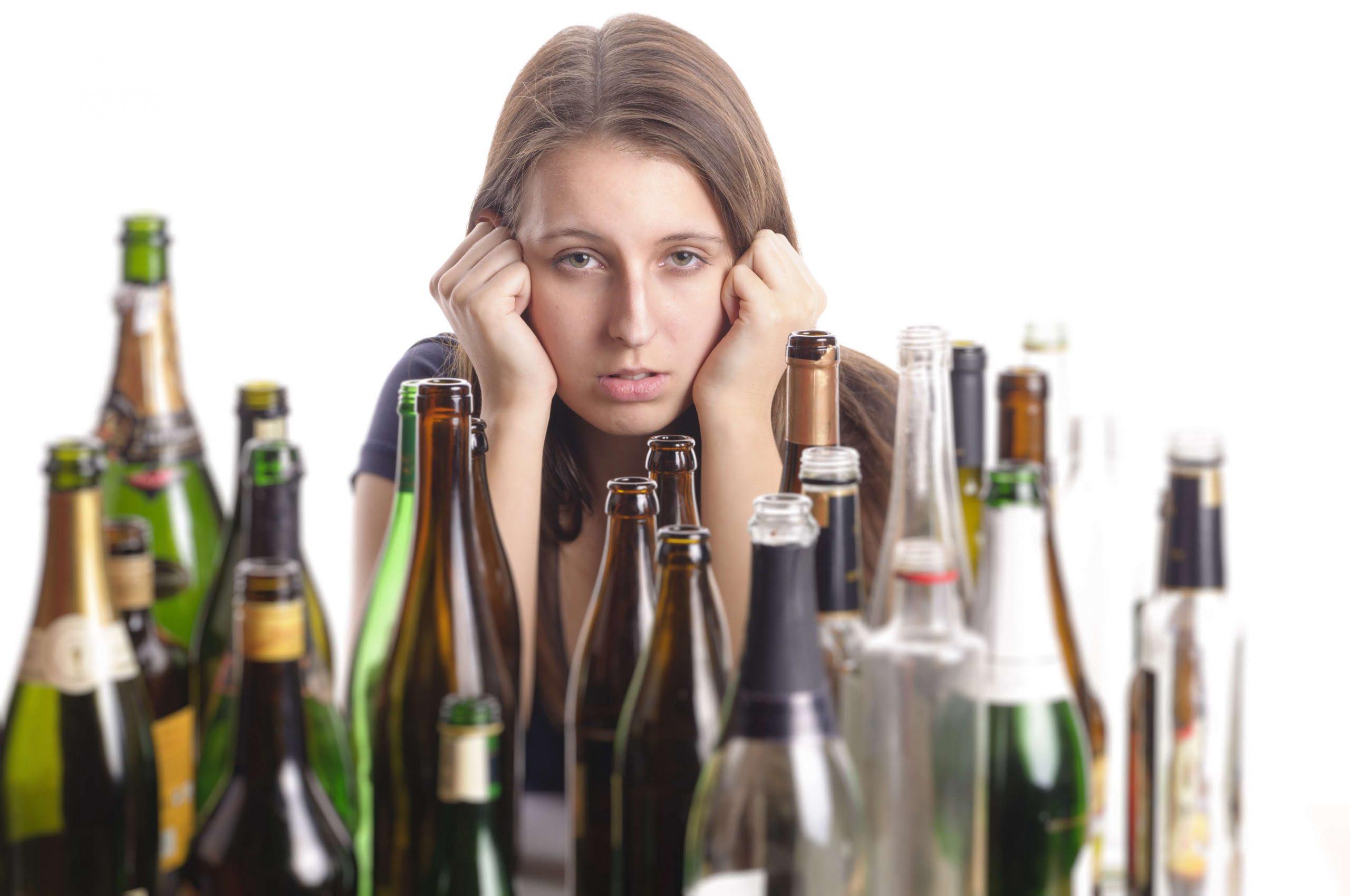How Long Does It Take to Cleanse Your Liver From Alcohol? Liver Detox
Content
Most methods of breath testing for alcohol actually focus on testing alcohol metabolites — chemicals that are made when alcohol is broken down in the body. These chemicals can still be present once all the alcohol has been broken down, allowing alcohol to be detected for a short period of time after it has been completely eliminated. Alcohol can be detected in your breath for up to24 hours after drinking. Because driving while intoxicated is both dangerous and illegal, people who use alcohol often wonder how long they should wait to drive after drinking. The answer to this question depends on several factors, but the primary factor is the number of drinks you have used. Because alcohol is metabolized at a constant rate, each drink adds to the time it will take before you are below the legal limit to drive.
How Long Does Meth Stay in Your Urine? vs. Hair, Other Side Effects – Healthline
How Long Does Meth Stay in Your Urine? vs. Hair, Other Side Effects.
Posted: Thu, 01 Dec 2022 08:00:00 GMT [source]
At around .08% to .09%, sense of balance is off and motor skills are impaired. Some how to get alcohol out of system may also begin vomiting at this level due to excess alcohol in the blood and the body’s inability to metabolize the alcohol fast enough. In the United States, someone is considered to be legally intoxicated and prohibited from driving a vehicle if their BAC level is 0.08% or greater. The percentage of alcohol that is in a person’s bloodstream is known as the Blood Alcohol Concentration .
Dangers of Quitting Alcohol Cold Turkey
Using mouthwash before a breathalyzer test can also reduce the reliability of that test. And, dying your hair with harsh chemicals can reduce the reliability of a hair test. In addition, if you have to hide alcohol use, it’s a good sign that you need help.
Can you pass a alcohol test in 24 hours?
Urine tests can detect alcohol in your system much longer after you've consumed alcohol. On average, a urine test could detect alcohol between 12 to 48 hours after drinking. Some advanced urine tests can detect alcohol even 80 hours after you've had a drink. Alcohol can stay in your hair for a period of up to 90 days.
As such, this can lead to excitable behavior as a person loses their inhibitions. These facts mean a person is still intoxicated when they have a BAC of 0.08 or more. In 2020, drunk driving accidents in the U.S. killed 11,654 people. These accidents were preventable if an intoxicated person had not driven.
How Long Does It Take to Sober Up From Alcohol?
However, food can speed up alcohol metabolism, especially probiotic foods like sauerkraut, kombucha, and kefir. Probiotic drinks aid in the elimination of toxins from the body and keep your gut healthy. When it comes to hangovers, bloating and digestion-based problems, these functional beverages that are full of good bacteria act as a great natural detoxifier. If you use alcohol regularly and your body has become dependent on it, you will experiencealcohol withdrawal symptomswhen you stop drinking.

Eating high protein foods, such as tofu or cheese, before or while drinking can slow the absorption of alcohol. The organ breaks down the alcohol into acetaldehyde, a chemical the body recognizes as toxic. Acetaldehyde metabolizes into carbon dioxide, which the body can eliminate. Our community offers unique perspectives on lifelong recovery and substance use prevention, empowering others through stories of strength and courage. My coconut charcoal can also help to bind to potentially irritating proteins, such as casein and gluten.
Coconut water
Sedating drugs, close supervision, and supportive care are required until the health hazards have passed. It also helps to restore the body’s ability to get alcohol out of the system. While certain techniques may help a person feel more awake, they will not eliminate alcohol from the blood more quickly and so will not lower the BAC level. As such, people may want to sober up to lessen these effects and try to prevent a hangover. He graduated with a degree in journalism from East Carolina University and began his professional writing career in 2011. Matt covers the latest drug trends and shares inspirational stories of people who have overcome addiction.

Weakened immune system, which increases the risk of developing an autoimmune disease or getting sick. Eating food can also help to absorb some of the alcohol in your system, although it won’t lower your BAC. Alcohol is alcohol, and it doesn’t matter what you drink, just how much of it you drink. Still, alcohol can be detected in the system using different types of drug testing. Red wine does come out of clothes but the stains are notoriously difficult to remove.
